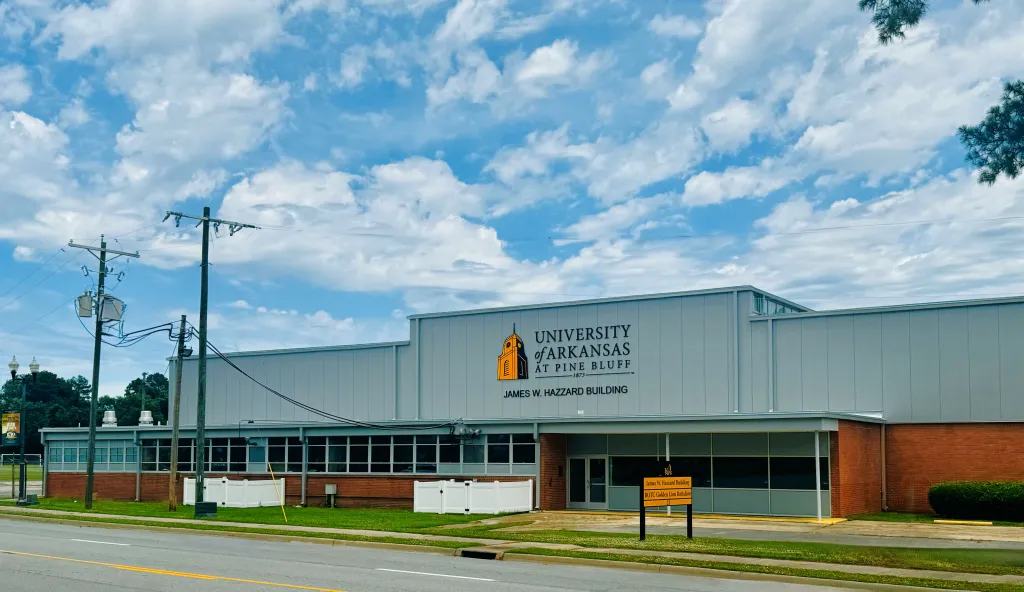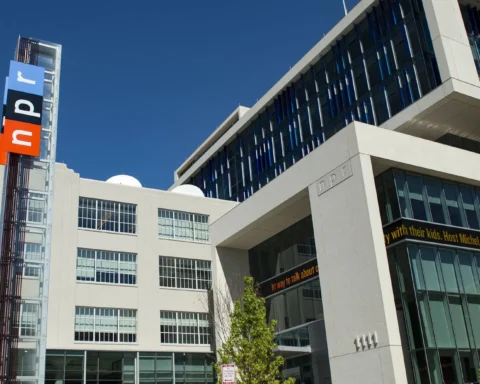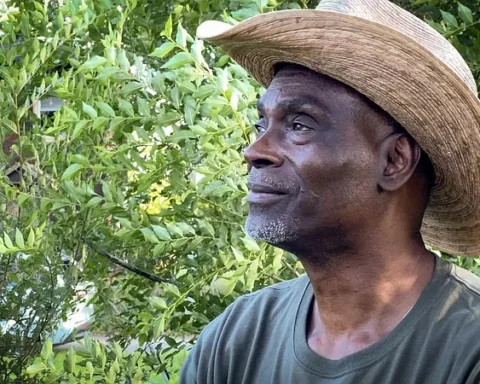Courtesy of the University of Arkansas at Pine Bluff
Dr. Md Hamidul Islam, a professor for Bangladesh Agricultural University, recently completed a research exchange program with the University of Arkansas at Pine Bluff. He came to Pine Bluff, Arkansas as a research scholar through the U.S. Agency for International Development’s Long-Term Assistance and Services for Research (LASER) Partners for University-Led Solutions Engine (PULSE).
During the six months he spent working at UAPB as a research specialist of agricultural engineering, Dr. Islam worked alongside Dr. Shahidul Islam, professor and graduate coordinator for the UAPB Department of Agriculture and director of UAPB’s U.S. Department of Agriculture (USDA) Regulatory Science Center of Excellence. The goal of their project was to help underserved producers in Arkansas start using mechanical grain drying technology for postharvest loss reduction.
“The technology we were working on is called the ‘BAU-STR dryer,’” Dr. H. Islam said. “It was originally developed at Bangladesh Agricultural University through the U.S. government’s Feed the Future program and the U.S. Agency for International Development’s Postharvest Loss Reduction Innovation Lab (PHLIL).”
Dr. Islam said the grain dryer is a cost-effective, gender-friendly and efficient alternative to sun-drying grain crops such as rice, corn and wheat.
“Mechanical grain drying is the best choice for drying grain because these drying systems are weather- and climate-independent,” he said. “However, due to high capital costs and energy demand, mechanical dryers are inaccessible to underserved communities. The BAU-STR dryer can potentially solve this problem of accessibility. The drying technology is relatively inexpensive – around $850 – which means small land-holding farmers can afford it themselves instead of having to pay to use commercial drying facilities. It is also portable and can be placed indoors, outdoors or even in the garage.”
Thanks to the dryer, farmers can reduce the grain moisture content from 22% to below 14% in five hours, he said.
Apart from his research responsibilities, Dr. Islam also taught an introductory undergraduate course on agricultural engineering technology.
“I encouraged my students to critically analyze how technological innovations might improve the efficiency and sustainability of agricultural systems. I made sure to highlight the importance of precision farming, mechanization and sustainable practices,” he said. “I believe this course will equip the students with knowledge of global agricultural practices and encourage them to take leadership in the global agri-production systems.”
He also took part in several UAPB events. Attending the UAPB Agriculture Field Day in September 2023 gave Dr. Islam new perspectives on the U.S. agricultural sector and production systems.
“At the field day, I met with farmers, faculty, Extension personnel, USDA representatives and farm machinery and equipment manufacturing company representatives,” he said. “During a lively discussion, I had the opportunity to share a glimpse of Bangladesh’s agricultural production systems with American farmers. Our discussion covered various topics, from sustainable farming techniques and current technologies, to the issues farmers confront in today’s quickly changing climate. We exchanged ideas about novel ways to increase crop productivity, use resources most efficiently and support practices beneficial to the environment.”
Now that he has concluded the research exchange program at UAPB, Dr. Islam is working as a postdoctoral research associate at Texas A&M AgriLife Research, part of the Texas A&M University System. When he finishes his assignment in two years, he will move back to Bangladesh to implement some of the agricultural knowledge and practices he gained in the U.S.
During his stay in the U.S., Dr. Islam has been accompanied by his wife Umme Khadiza, sons Aniruddha and Aveek, and daughter Anasua Islam.
The University of Arkansas at Pine Bluff offers all its Extension and Research programs and services without regard to race, color, sex, gender identity, sexual orientation, national origin, religion, age, disability, marital or veteran status, genetic information, or any other legally protected status, and is an Affirmative Action/Equal Opportunity Employer.





